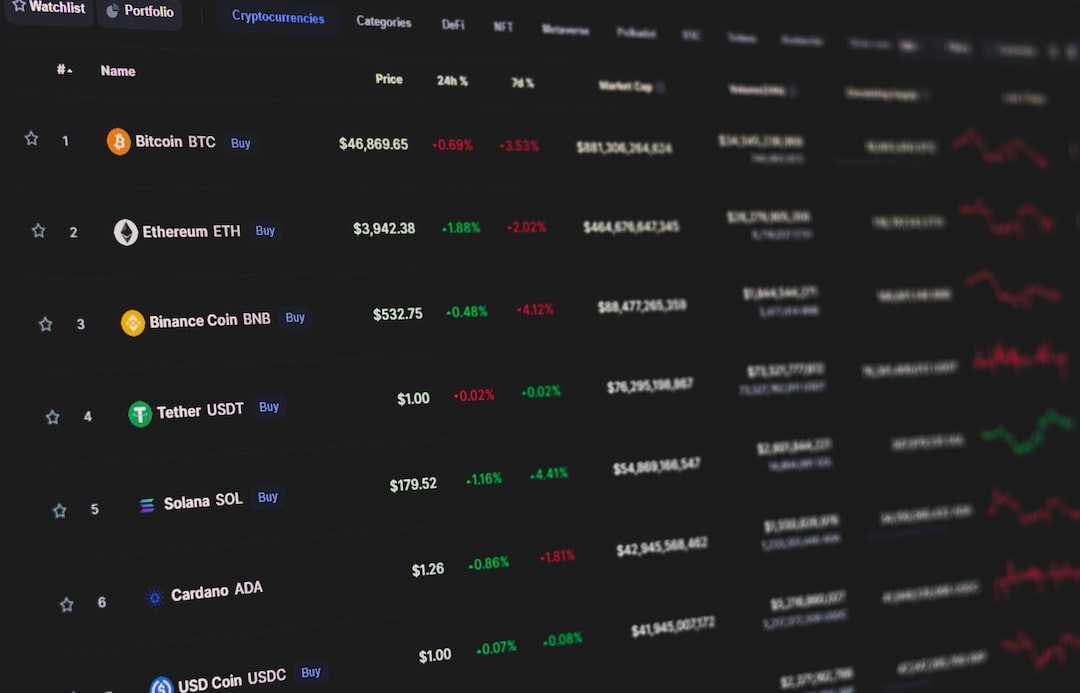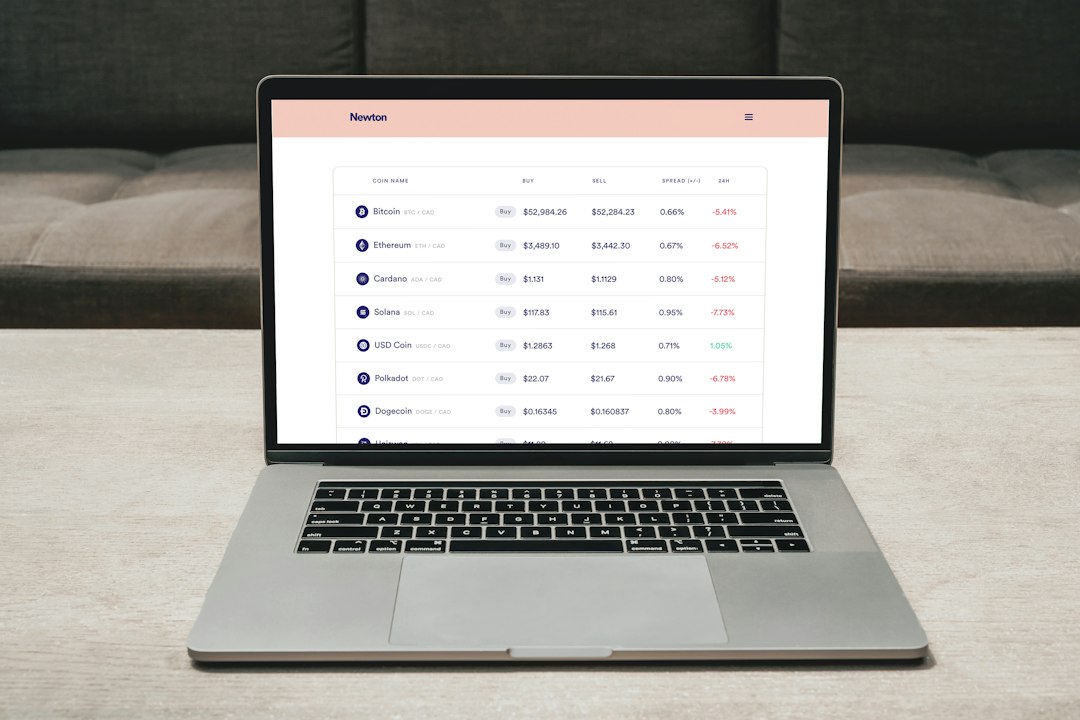SEC’s Account Compromised Due to Unauthorized Access to Phone Number
The US Securities and Exchange Commission (SEC) recently had its Twitter account, @SECGov, compromised. The account posted a fake announcement about the approval of a Bitcoin spot exchange-traded fund (ETF), which was later removed by the commission. In a new post, the SEC clarified that it had not approved any Bitcoin ETF listings.
After conducting a preliminary investigation, the SEC’s security team, X Safety, revealed that the compromise occurred because an unidentified individual gained control over a phone number associated with the @SECGov account through a third party. It was determined that there was no breach of X’s systems. The compromised account did not have two-factor authentication (2FA) enabled.
X Safety encourages all users to enable 2FA as an additional layer of security for their accounts.
Bitcoin Volatility Following Fake ETF Approval Incident
The market reacted to the fake ETF approval announcement with volatility in Bitcoin’s price. Analyst Root shared a chart showing the price action during this period. Initially, Bitcoin surged to around $48,000 but quickly dropped below $45,000 after the news was debunked. As awareness of the hack spread, the asset experienced some recovery.
Although this approval was not real, it provides insight into how the market might react if ETFs are approved in the future. Currently, Bitcoin is trading around $46,000, down approximately 2% in the last 24 hours.
Hot Take: Examining Security Measures and Market Reaction
The compromise of the SEC’s Twitter account highlights the importance of robust security measures such as two-factor authentication. By enabling 2FA, you can protect your crypto assets from unauthorized access and potential hacks.
Furthermore, the market’s volatile reaction to the fake ETF approval demonstrates the anticipation and impact that genuine ETF approvals could have on Bitcoin’s price. Investors should closely monitor regulatory developments and be prepared for potential market fluctuations when real ETF decisions are made.





 By
By
 By
By
 By
By
 By
By
 By
By
 By
By